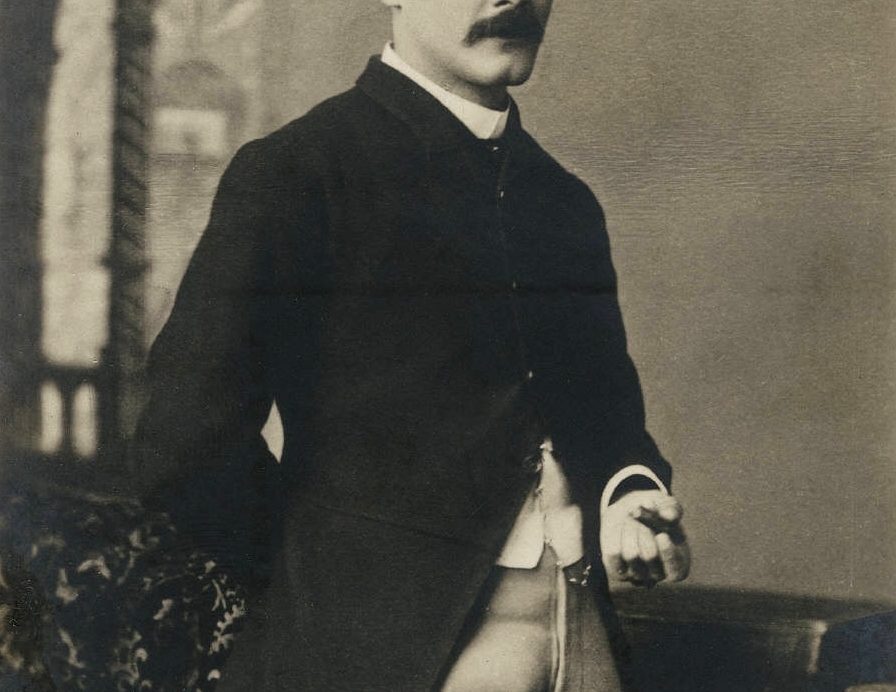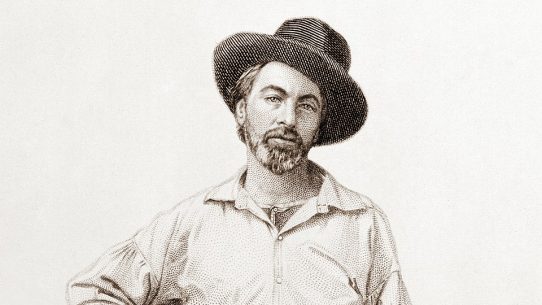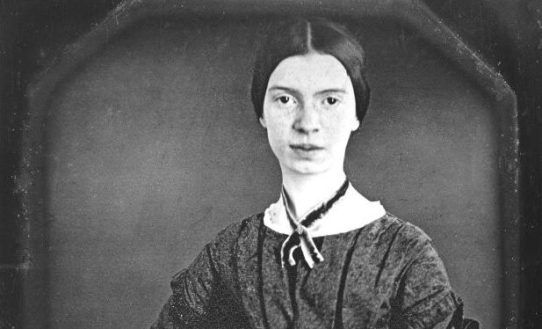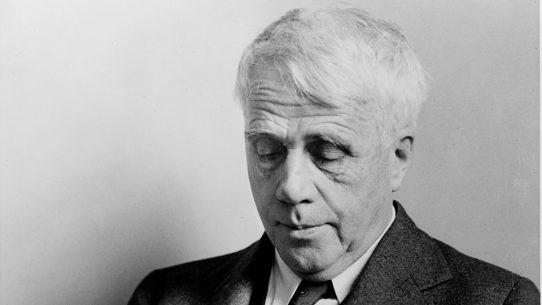Introduction
Rudyard Kipling (1865–1936) was one of the most widely read and influential writers of the late Victorian and Edwardian eras. A poet, novelist, and short-story writer, Kipling captured the spirit and contradictions of the British Empire: its sense of adventure, duty, and cultural tension. Known for his precise craftsmanship and vivid storytelling, he gave voice to imperial Britain while also exploring the moral weight of power and identity.
Early Life and Education
Kipling was born in Bombay, India, to British parents involved in the colonial administration. His early childhood in India left an indelible mark on his imagination. The sights, sounds, and languages of the subcontinent later infused his writing with authenticity and rhythm. At the age of six, he was sent to England for schooling, where he endured years of neglect and harsh treatment in a foster home. This experience shaped his sympathy for children and the underdog.
He attended the United Services College at Westward Ho!, a school designed to prepare boys for military or colonial service. Though not a stellar student, Kipling discovered his love for literature and began writing poetry and sketches for the school paper. At sixteen, he returned to India to work as a journalist for The Civil and Military Gazette in Lahore, where his literary career began in earnest.
Literary Career and Major Works
Kipling’s early collections, such as Departmental Ditties (1886) and Plain Tales from the Hills (1888), established him as a writer of striking originality. His vivid depictions of colonial life, combined with his ear for dialect and character, made him a literary sensation. In the 1890s, he published The Jungle Book (1894–1895), Captains Courageous (1897), and Kim (1901): works that remain staples of English literature.
As a poet, Kipling reached vast audiences with pieces such as “If—,” “Gunga Din,” “Mandalay,” and “The White Man’s Burden.” His verse combined rhythmic power with moral reflection, often addressing courage, duty, and the ambiguities of empire. In 1907, Kipling became the first English-language writer to receive the Nobel Prize in Literature, recognized for his storytelling genius and his insight into both British and colonial experience.
Style, Themes, and Influence
Kipling’s style is distinguished by muscular clarity and command of rhythm. His poetry often mirrors the cadence of marching songs and hymns, while his prose moves with journalistic precision. Thematically, his works wrestle with loyalty, leadership, moral responsibility, and the cost of empire. He gave voice to the anxieties of a world in transition: from Victorian certainty to modern disillusionment.
Although once dismissed as an apologist for imperialism, modern critics reassess Kipling as a more complex figure. His empathy for the common soldier, his awareness of cultural difference, and his exploration of loss and exile give his work enduring depth. Writers from T. S. Eliot to George Orwell and Salman Rushdie have acknowledged his mastery of language and narrative form.
Later Life and Legacy
Personal tragedy haunted Kipling’s later years. The death of his son John during World War I deepened his sense of grief and futility. His later poetry, such as “Epitaphs of the War,” reflects a subdued patriotism and a recognition of human fragility. Despite shifting critical fashions, his works never vanished from the public imagination.
Today, Kipling is remembered as both a chronicler of empire and a craftsman of universal themes: courage, loss, endurance, and moral ambiguity. His influence extends from children’s literature to modern verse, and his voice remains one of the most distinctive in English letters.
Notable Works
Kipling’s literary career spanned poetry, fiction, and children’s literature, producing works that continue to shape English letters. Among his most enduring achievements is The Jungle Book (1894–1895), a collection of stories that explore the tension between civilization and nature through the adventures of Mowgli and his animal mentors. Equally influential is Kim (1901), a novel that captures the color, complexity, and political intrigue of British India while presenting one of the most memorable coming-of-age tales in literature.
His poem “If—” (1895) remains one of the most quoted works in the English language, distilling stoic virtue and self-discipline into timeless advice. “Gunga Din” (1890) and “Mandalay” (1890) showcase his empathy for soldiers and his ear for rhythm, while “The White Man’s Burden” (1899) reflects the moral paradox of imperial duty. Captains Courageous (1897), meanwhile, celebrates the dignity of labor and the value of humility.
Together, these works reveal Kipling’s unmatched ability to blend adventure with moral inquiry, and storytelling with cultural insight. His legacy as a writer lies not in simple patriotism but in his unflinching exploration of the burdens and contradictions of power.




